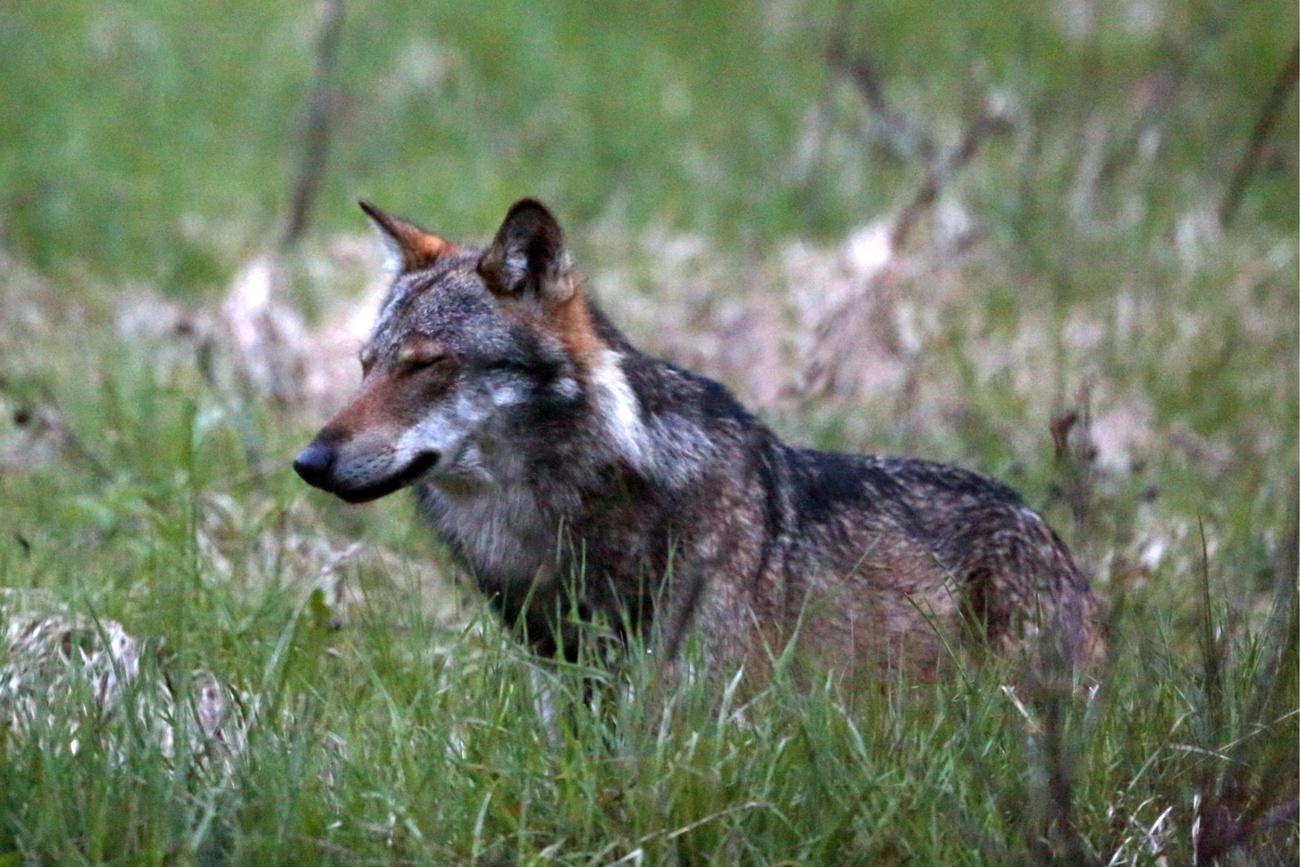
Swiss parliament gives greenlight to wolf culling

Parliament has agreed to a more proactive regulation of wolf packs in Switzerland. The number of wolves – and attacks on livestock – in the Swiss Alps has risen in recent years.
On Thursday, the House of Representatives followed the Senate and backed an amendment to the hunting law which allows cantons to proactively regulate the wolf population between September 1-December 31. The government also backs the proposal.
Switzerland is home to an estimated 200 wolves, mainly in the Alps. A rise in attacks on livestock has prompted calls for the wolf population to be limited.
Under existing legislation, the wolf is a protected species and it is only possible to regulate them if significant damage or serious danger has occurred. It should now be possible to shoot the predator before it attacks its prey.
Two years ago voters rejected an overhaul of the hunting laws amid controversy about the regulation of wolves.

More
Wolf population thrives in Swiss Alps
Deadly attacks
The number of deadly attacks on livestock by wolves has risen sharply in Switzerland in recent years and is expected to surpass 1,000 this year, according to the Kora Foundation, a Swiss wildlife group.
The foundation says 853 farm animals – mostly sheep and goats, but also cows and donkeys – were killed last year by wolves; over 1,000 are expected this year. This would surpass the record of 2020 when 922 attacks were registered; in 2012 there were 112. The main regions affected by wolf attacks are cantons Graubünden, Valais and Ticino.

More
More than 1,000 wolf attacks expected this year
The amendment to the hunting law states that wolf packs can be culled when farms are threatened. Gamekeepers will be able to shoot wolves that come too close to inhabited areas and residents, or when sheep and goat protection measures prove ineffective.
The cantons will no longer have to prove the extent of the damage, but will have to justify the control measures and their objectives. They must get the approval of the Federal Office for the Environment.

In compliance with the JTI standards
More: SWI swissinfo.ch certified by the Journalism Trust Initiative




























You can find an overview of ongoing debates with our journalists here . Please join us!
If you want to start a conversation about a topic raised in this article or want to report factual errors, email us at english@swissinfo.ch.